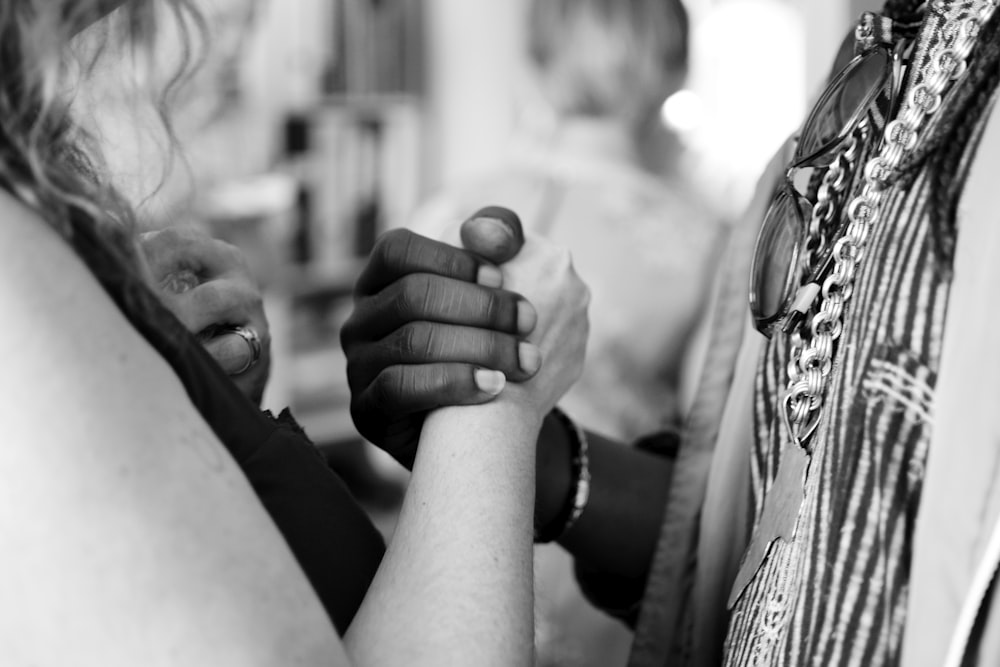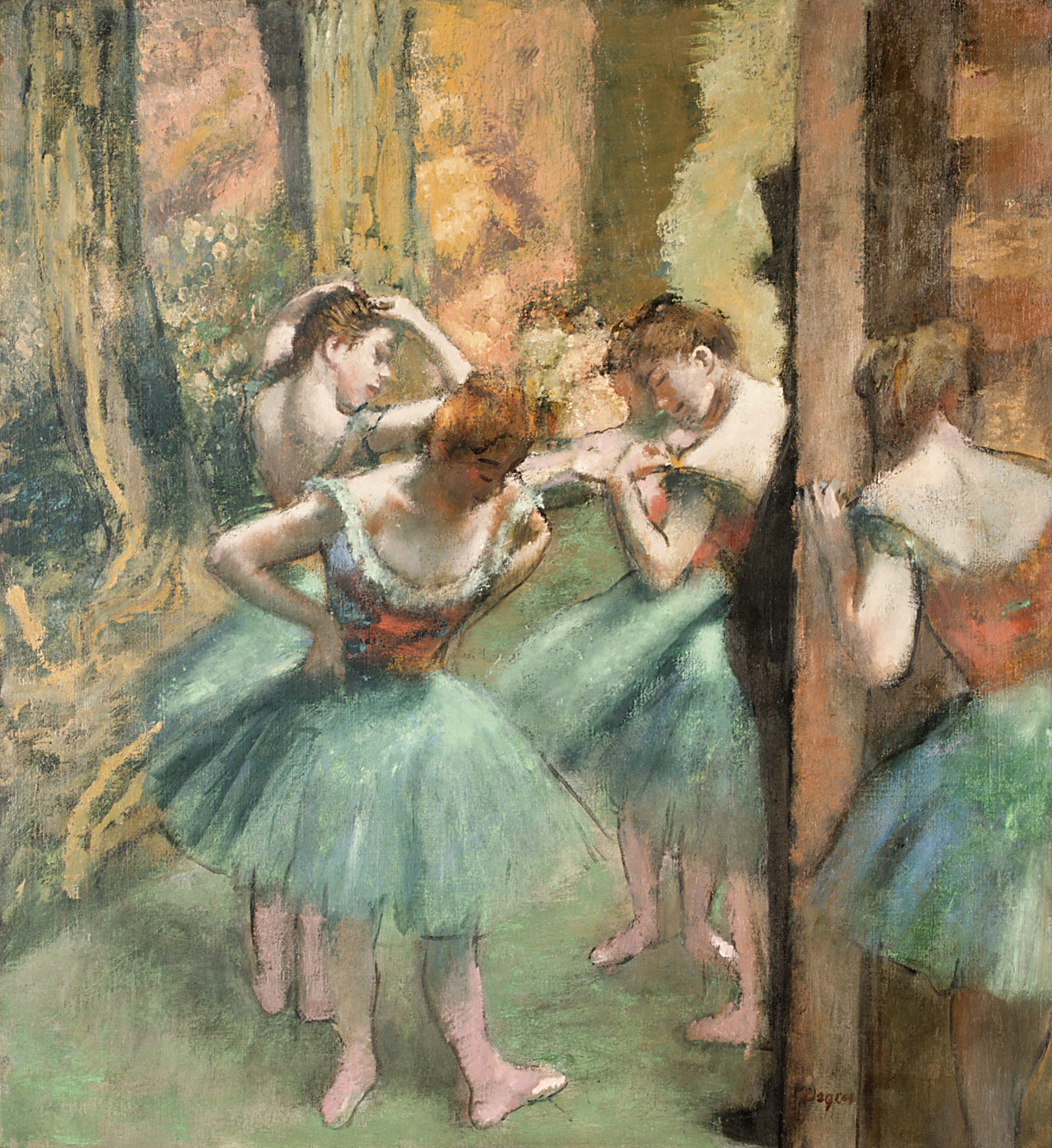An Overview of Chapter 2
 |
| Friedrich Nietzsche, 1882 |
"Take each man's censure but reserve thy judgement"-William Shakespeare
Two ways of responding as part of Human nature is Apollonian and Dionysian. The person who created the idea of these response was Friedrich Nietzsche. He created the book " The Birth of Tragedy from the Spirit of Music" where he explained his views about 5th century Athens and how they went about crafting and evolving humanities. He had criticisms on critics n the genre of tragedy because he believed they didn't acknowledge the roots of tragedy in dance or music nor responded emotionally as intended of tragedies, focusing too much on on the characters failings and not enough on the emotional impact. As it states in the text " Nietzsche believed it was wrong to encourage people to view tragedy through reason rather than emotion..." ( Janero & Altshuler , The Art of Being Human: The Humanities as a technique for living, 2011, p.18-19).
Apollonian and Dionysian are terms based off Greek mythology gods Apollo and Dionysus. These two are two distinct ways for a human to respond to certain things. Apollonian is more reason based and uses rationality to come to a conclusion while Dionysian is more of a raw emotion that is fueled by feelings and intuition. They both have a hand with how critical thinking is expressed within Humanities.
One tendency of Dionysian based sides of responding is the popcorn syndrome. This syndrome refers to one letting themselves just be entertained by a form of media and not thinking to into it. " This is strictly a popcorn movie" means that one should sit back , munch on popcorn, and be entertained without having to think." ( Janero & Altshuler , The Art of Being Human: The Humanities as a technique for living, 2011, p.20) is how it is referred to being like in the text. One downfall to this tendency is the possible popcorn hangover afterward where the high of the entertainment slows down and critical thinking takes part. This hangover can cause for some to have later dismissing thoughts about the certain entertainment or why they enjoyed it.
Two other tendencies are the Dionysian Empathy and Apollonian alienation. With empathy , one can put themselves in the place of the characters and understand their disposition. On the other hand alienation refers to a way for a work to divert viewers from getting emotionally attached t characters and plot so they wouldn't catch on to certain messages . The point to this strategy is as stated: " When the author's technique becomes transparent, the viewing or reading experience becomes that much richer and we can seize the opportunity to expand our minds" ( Janero & Altshuler , The Art of Being Human: The Humanities as a technique for living, 2011, p.22). Basically it's saying that it's to let viewers come to their own conclusions about the message of the entertainment form rather than rely on emotionally attaching one to characters.
Critically thinking allows for one to fully analyze and comprehend their subject .. Some of the steps to critically thinking is defining the main points, collecting information, putting emotions aside, evaluating, connecting with characters, and using evidence. This in hand, helps deepen our gratitude for the Humanities. The quote above by Shakespeare can be used in the context with critical thinking because with understanding someone else's views on a subject one should also be able to stick by their own as well if they have used their critical thinking skills to back up their clams.
 |
| Gauster, H.G. (2017), Unsplash |
" Problems are only opportunities in work clothes." -Henry J. Kaiser
Exercising the mind can enhance critical thinking skills of individuals and is healthy with for keeping the mind up to date. Three activities one can do to exercise their mind is through solving problems, challenging assumptions, and recognizing contexts.
With solving problems , the more you do the more it can help you solve other ones that come up. Having the ability to locate a solution in a problem is what is considered a good step in being a critical thinker. With the quote above by Kaiser, he compares problems to being opportunities which is pretty accurate. Problems can be hard as the quote is referring them to be but they can open up opportunities for an individual once solved.
Challenging assumptions is an interesting thing in the context of critically thinking. Critical thinkers look through assumption to find the truth buried within them. Some may not be interested and would just agree and this action is not considered non critical in thinking.
Everything has a context and shouldn't be outrageously generalized for not being looked into. Rationalizing can sum up an event from someones point. Historical context can help with understanding what we have in the present and let's us appreciate out past especially in terms of humanities. " The ability to appreciate historical context makes one more tolerant of art forms in unfamiliar styles" ( Janero & Altshuler , The Art of Being Human: The Humanities as a technique for living, 2011, p.27) is how they state the importance of historical context in text. It's basically just saying that historical context can help with understanding things that are not familiar to others. Rewriting old humanities for new audiences can bring new perspectives.
 |
| Portrait of Galileo Galilei (1636), by Justus Sustermans |
" I do not feel obliged to believe that the same God who has endowed us with sense, reason, and intellect has intended us to forego their use." -Galileo
There are two critical ways of viewing in society, professionally and personally. As described in the text " criticism on the professional level is a career" ( Janero & Altshuler , The Art of Being Human: The Humanities as a technique for living, 2011, p.28). This means that professional criticism has more of a prestige to it since it's considered being a job. Professional critics , or the more popular ones usually work with companies and have blogs where they express their ideas on certain medias especially movies and books. What professional critics say can be insightful and bring up an Apollonian way of reasoning as opposed to maybe an audiences Dionysian way of reacting to work. The way some critics respond can cause backlash from audiences from certain works which has made the whole career be seen as snobby. One example of this is with the events of Pauline Kael. Pauline Kael received backlash for her disliked criticism and review of the beloved movie " The Sound of Music". She was heaped with hate for her opinion and subsequently fired from her job. This brings up two division of professional critics: those who write for the audience and those who write for critical thought.
The personal critic response can also be seen as insightful. They don't have to be a critic to perceive things under a critical light. Although this is true , personal critics should be able to come to clear cut conclusions and understand what's happening. With the quote above by Galileo, it refers to how we should be able to use our senses to come to our own conclusions and take advantage of them.
" One must be able to transcend the narrow confines of a self centered existence and believe that one will make a significant contribution to life..." - Bruno Bettelheim
Terms to describe critical and non critical thinkers are Literalists and Figuratists. Literalists are non critical thinkers that take things from face value. They can listen to a conversation but are bad at understanding concepts. Figuralists are critical thinkers who look into things and try to understand them.
In conclusion, within this chapter there are a variety of discussions on the inner workings on professional criticism with examples. The main focus is on the importance of critical thinking and how we respond to things in life. Concepts such as Dionysian and Apollonian bring more to the conversation of critically thinking and brings and in depth explanation for it.

